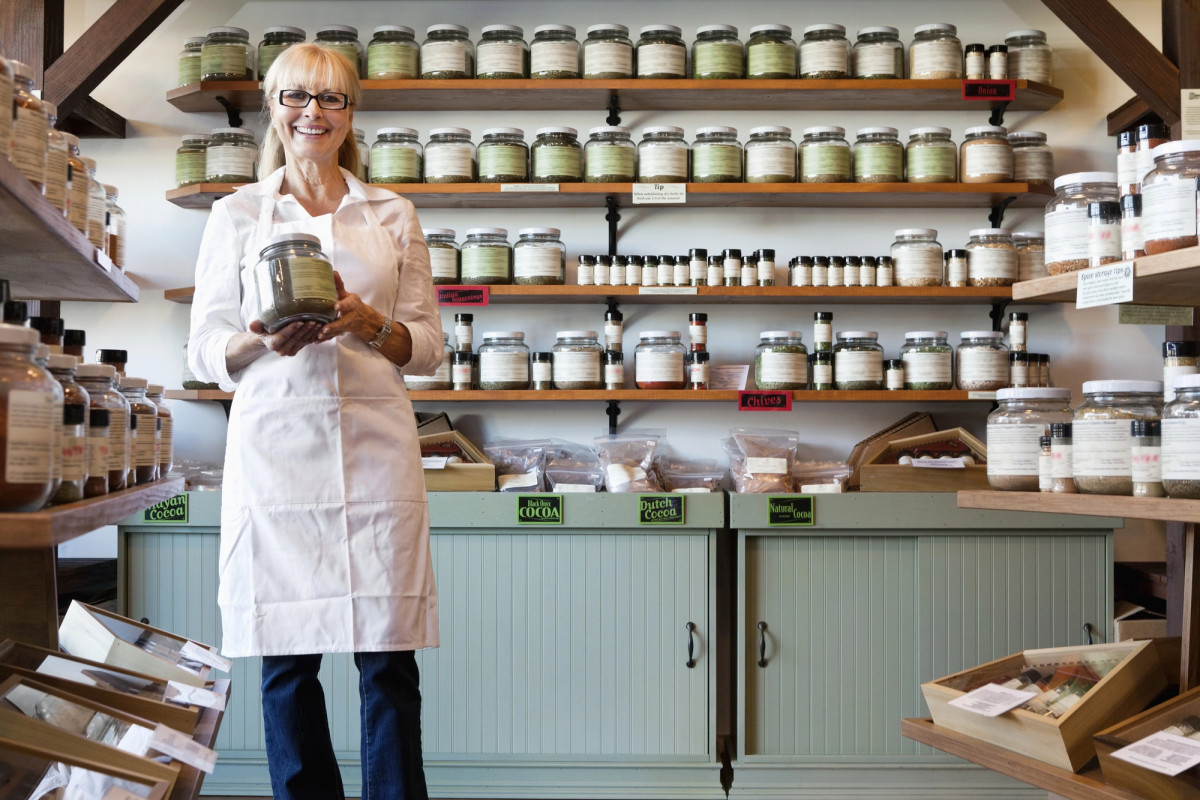Epoxy coatings are popular in homes and businesses as an attractive, durable flooring solution. They’re resistant to heavy foot or vehicle traffic, toxins and harsh chemicals.
Despite their durability, epoxy floors can have some drawbacks. These problems include: excessive humidity during installation and curing times, surface pitting, slippage, and exposure to VOCs.
1. Durability
Epoxy floors provide one of the highest levels of durability in a flooring option, and grows more affordable over its lifespan. This means that your floor will last longer than many other options, and will look great for a long time. Epoxy floors can withstand heavy equipment, vehicles, and foot traffic without chipping or cracking. They can also be made safer for children or elderly people by adding slip-resistant additives to the resinous coat.
Epoxies also come in a wide variety of colours and designs to suit any style. You can even mix in flakes or unique metallic pigments to create a look that is truly unique. This level of customisation is perfect for a garage or other residential space, and can help to add some personality to your home.
Another way that epoxy can improve your home is by increasing its value. A beautiful and functional studio will attract discerning buyers, and a high-quality epoxy floor can be a great selling point for your property.
The durable nature of an epoxy floor is a great benefit for any space, but it’s especially useful in spaces where chemicals are used frequently. Epoxy creates an impenetrable seal, which means that any chemicals will be unable to penetrate the floor and damage the concrete underneath. This makes epoxy a great choice for laboratories, healthcare clinics and hospitals, schools, and industrial spaces.
The high-gloss finish of an epoxy floor also reflects light, which can be a great feature for spaces like studios or workshops. This can help to illuminate your workspace and make it easier to work, and can also add a sense of luxury to any space. This is particularly beneficial in commercial showrooms and residential spaces that don’t have good natural lighting.
2. Aesthetics
Epoxy offers a variety of design options, which can make it perfect for both residential and commercial spaces. It is a highly durable, slip-resistant flooring option that is easy to clean and can be aesthetically pleasing. A common solution for enhancing a concrete floor’s appearance is to apply flakes to the epoxy coating, which can be done in a variety of colors and designs to suit your style preferences.
Another popular way to add aesthetic appeal to an epoxy floor is to use unique metallic pigments that can create a sense of depth and movement on your floors. This type of epoxy is particularly popular for retail and commercial spaces, where it can help to create a high-end visual impact on customers.
Choosing the right color for your epoxy floor is also important, as it can dramatically improve your space’s look and feel. For example, light shades work well for home studios where they can help to create a bright and airy environment. Conversely, darker shades are better suited for garages and warehouses, where they can provide a more dramatic and masculine feel to the room.
In spaces that are bustling with activity, safety is a top priority. This is why some epoxy coatings are slip-resistant, which can protect your workers and visitors from injury. This type of epoxy is especially popular in commercial and industrial spaces, where it can be used to mark designated walkways or loading bays. This ensures that all personnel and vehicles are aware of where they should be positioned to avoid collisions. In addition to this, these markings can be easily removed if they are no longer needed. This is not something that can be said for many other types of floors, which can become damaged and worn over time if they are left unprotected.
3. Low VOCs

Epoxy, polyurethane and even polyurea-polyaspartic coatings are often seen outdoors on driveways, patios and entryways but they are becoming increasingly popular as a beautiful floor covering inside of homes too. This is because they are extremely durable and can withstand heavy foot traffic, abrasions and chemicals, so they will not need replacing as frequently as other flooring materials like carpet or tile.
Another great thing about epoxy is that it does not emit any odours once it has been applied and is cured. This is especially important in spaces with limited ventilation, as odours from traditional epoxy can be unpleasant and may irritate skin or cause breathing difficulties for people in the vicinity of the application site. Low VOC and even zero-VOC epoxies are now available, so it is possible to choose an epoxy floor coating that does not release volatile organic compounds during the application process and when it is cured.
Once the floor has been properly prepared and has been applied, it is relatively simple to keep an epoxy floor clean. Regular sweeping with a soft-bristle brush or vacuum will remove dirt and other debris, which can prevent scratching of the epoxy coating. For a more thorough cleaning, a mop can be used with a non-toxic, pH-neutral cleaner.
Decorative add-ons, such as quartz or glitter, can be mixed into the epoxy to create a unique aesthetic that suits a specific space. This is particularly important in commercial settings where the aesthetic of the floor can reinforce brand identity. In addition, it is possible to create an anti-slip surface on an epoxy floor by adding aluminum oxide or silica sand to the finish. This will reduce the risk of slipping, especially when the floor is wet or oily.
4. Resistance to impact
Epoxy is a tough material that can resist impact. This makes it suitable for commercial spaces where heavy equipment is regularly dropped or collisions are expected. It also resists chemical spills and corrosion, which may be damaging to standard flooring materials like carpeting.
However, it isn’t the best choice for areas that see high levels of foot traffic. This can cause the floor to crack or chip over time. Cracks and chips aren’t just unsightly, they can create tripping hazards and reduce the slip resistance of the floor, creating a safety risk.
Epoxies are also difficult to remove, requiring specialist equipment and often producing strong fumes. These can be harmful if the fumes are inhaled, especially by people who aren’t accustomed to working with epoxy or other chemicals.
Fortunately, it is possible to improve the durability of your floor and minimise these problems by choosing a higher quality epoxy solution. It is also important to perform regular maintenance on your floor to ensure it stays in good condition. Regular sweeping and vacuuming will keep dirt and debris from scratching or damaging the surface, while mild cleaning solutions can help to remove stains.
Humidity can be an issue for epoxy coatings, as it can affect the curing process and lead to a subpar finish. It is essential to check the weather forecast before applying epoxy, as it needs to be applied in specific temperatures and humidity conditions for it to cure properly.
5. Easy maintenance
Epoxy floors are incredibly durable, but they need to be maintained properly. Sweeping and vacuuming on a regular basis will keep dust, sand, and grit under control and prevent scratches and etching of the epoxy surface. Regular mopping using a microfiber pad or deck brush with warm water will also keep the floor looking clean and new. Avoid using any harsh cleaners on the floor, as they can cloud the shiny finish and erode the surface.
If stains do occur, they should be dealt with immediately. Spot cleaning will often work, but if you can’t remove a stain, it is important to use a chemical stripper. Always begin with a mild solution and move up to more powerful chemicals as needed.
Preventive maintenance can also save you time and money in the long run. A walk-off mat at the entrance will keep dirt and sand from being tracked into the home, and a soft pad under bicycle or motorcycle kickstands can prevent damage to the floor. If you weld in the garage, place plywood or a welding mat under your work to protect the floor from damage.
Keeping your garage, workshop or warehouse floor in good condition will ensure that it looks beautiful and performs well for years to come. It will also provide safety and security for those who work in the space. While most home and business owners can perform routine cleaning, repairs, and other maintenance tasks, large jobs like a floor coating project are best left to professionals. They will know what materials to use, how to prepare the concrete and how to best install the epoxy flooring. In addition, professional installers will follow proper ventilation techniques to minimize the exposure of workers to fumes during the 48hour curing process.












